An English nurse and an American soldier on the Italian front during World War I fall in love, but the horrors surrounding them test their romance to the limit.
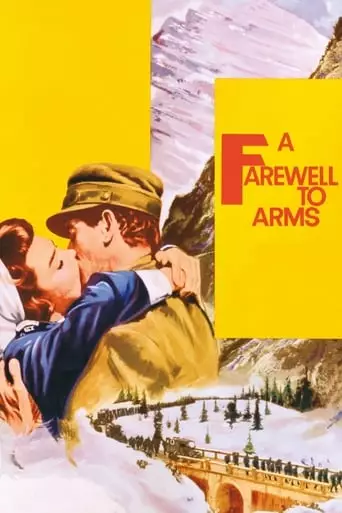
An English nurse and an American soldier on the Italian front during World War I fall in love, but the horrors surrounding them test their romance to the limit.
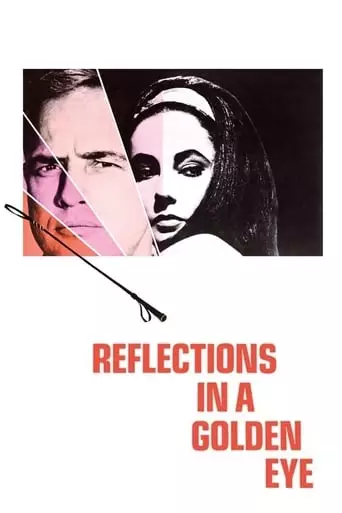
Bizarre tale of sex, betrayal, and perversion at a military post.
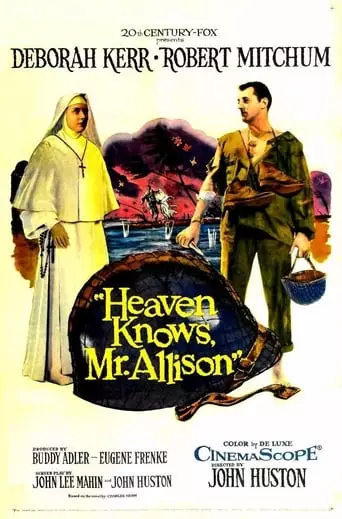
A Roman Catholic nun and a hard-bitten US Marine are stranded together on a Japanese-occupied island in the South Pacific during World War II. Under constant threat of discovery by […]
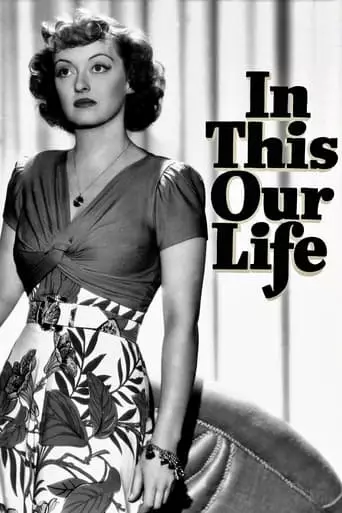
An unhappy, self-centered woman runs off with her sister’s husband, wreaking havoc and ruining the lives of those around her. In This Our Life (1942), directed by John Huston, is […]
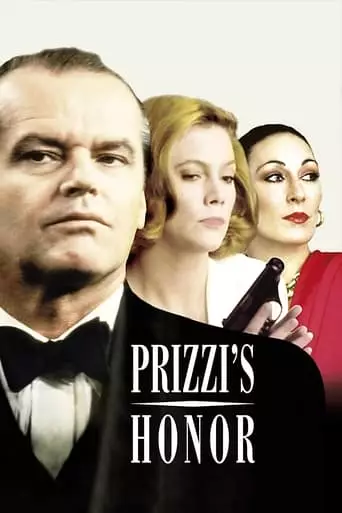
Charley Partanna is a hitman who works for the Prizzis, one of the richest crime families in the US. When he sees Irene Walker, it’s love at first sight. But […]
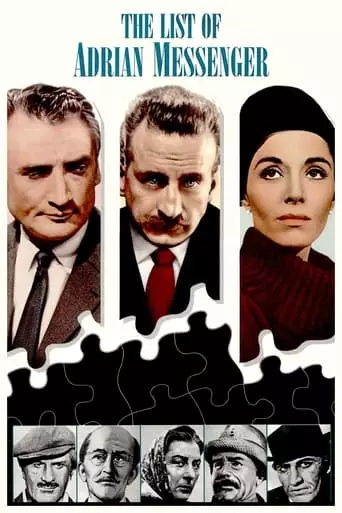
Adrian Messenger, a famous writer, asks his friend Anthony Gethryn, a former British agent, to help him investigate the whereabouts of the people who appear on a list, without asking […]
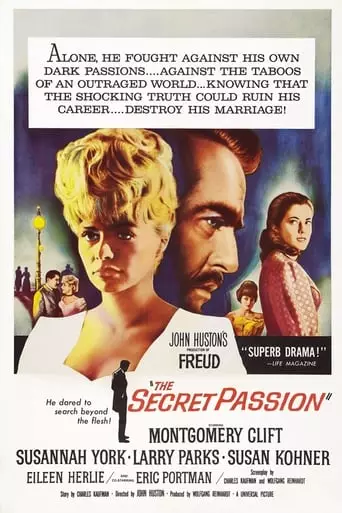
An examination of Czech-Austrian psychologist Sigmund Freud’s career when he began to treat patients diagnosed with hysteria, using the radical technique of hypnosis.
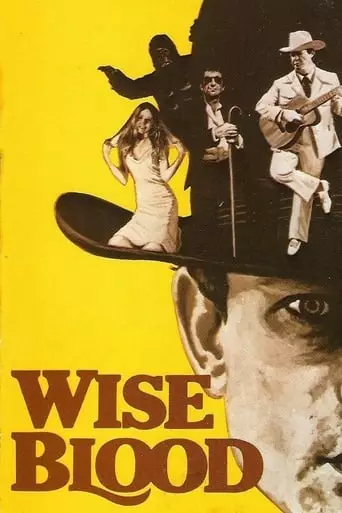
A Southerner–young, poor, ambitious but uneducated–determines to become something in the world. He decides that the best way to do that is to become a preacher and start up his […]
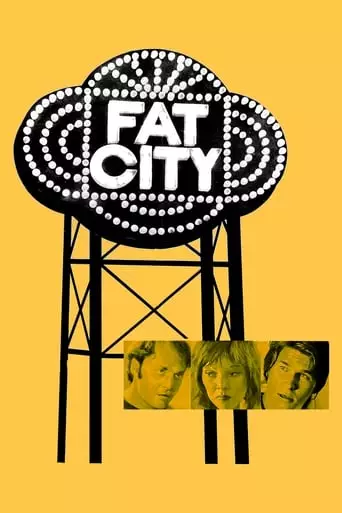
Two men, working as professional boxers, come to blows when their careers each begin to take opposite momentum.
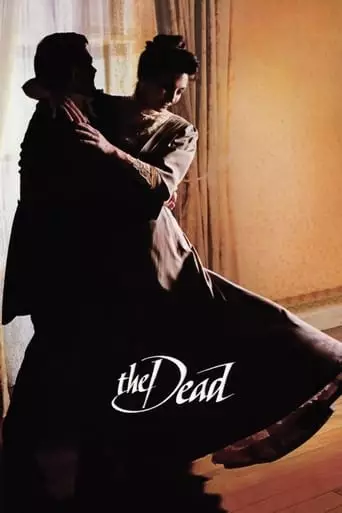
After a convivial holiday dinner party, things begin to unravel when a husband and wife address some prickly issues concerning their marriage.
John Huston: The Maverick Storyteller of American Cinema
John Huston, born August 5, 1906, in Nevada, Missouri, is a towering figure in the history of film. A writer, director, actor, and adventurer, Huston’s career spanned nearly half a century, during which he directed some of the most iconic and enduring films in cinema. Known for his robust storytelling, unforgettable characters, and a penchant for exploring the complexities of human nature, Huston carved out a unique legacy as a filmmaker who defied conventions and embraced artistic risk.
Early Life and Career
John Huston was the son of actor Walter Huston, whose talent and charisma had a profound influence on his son’s creative sensibilities. A restless spirit, Huston pursued a variety of careers in his youth, including journalism, painting, and boxing, before finding his way to Hollywood.
He began his career in the film industry as a screenwriter, penning scripts for films like Jezebel (1938) and The Maltese Falcon (1941). His success as a writer opened the door to directing, and his debut film, The Maltese Falcon, immediately established him as a major talent.
A Groundbreaking Debut
“The Maltese Falcon” (1941)
Huston’s first film as a director, The Maltese Falcon, is widely regarded as one of the greatest films in the history of cinema and a cornerstone of the film noir genre. Starring Humphrey Bogart as the cynical detective Sam Spade, the film combines sharp dialogue, a labyrinthine plot, and atmospheric visuals. Huston’s confident direction and keen sense of pacing showcased his natural talent behind the camera and set a high standard for his subsequent work.
Hallmarks of Huston’s Style
John Huston’s films are known for their blend of adventurous storytelling, rich character development, and existential undertones.
Complex Characters: Huston often portrayed flawed, morally ambiguous individuals whose struggles reflected deeper philosophical questions.
Exploration of Failure: Many of his films examine human frailty and the inevitability of failure, a recurring theme that added depth to his stories.
Visually Rich Landscapes: Huston’s background as a painter influenced his use of striking compositions and evocative locations, which often became characters in their own right.
Collaborations with Actors: Huston’s direction brought out iconic performances from actors like Humphrey Bogart, Katharine Hepburn, and his father, Walter Huston, who won an Oscar for his role in The Treasure of the Sierra Madre.
Iconic Films
“The Treasure of the Sierra Madre” (1948)
This tale of greed and betrayal in the Mexican wilderness is one of Huston’s finest works. Humphrey Bogart delivered one of his most memorable performances as the desperate Fred C. Dobbs, while Walter Huston earned an Academy Award for his portrayal of a grizzled prospector. The film is a masterclass in tension and moral complexity.
“The African Queen” (1951)
Starring Humphrey Bogart and Katharine Hepburn, The African Queen is an adventurous romance set against the backdrop of World War I. The chemistry between the leads and Huston’s knack for combining humor, danger, and heart make it a timeless classic.
“Key Largo” (1948)
A taut crime thriller set in a storm-lashed Florida hotel, Key Largo reunited Bogart with Lauren Bacall and featured a powerhouse performance by Edward G. Robinson. The film is a standout in the noir genre and exemplifies Huston’s ability to create intense, character-driven drama.
“Moby Dick” (1956)
Huston’s adaptation of Herman Melville’s epic novel is a visually striking and ambitious exploration of obsession and the human condition. Gregory Peck’s Captain Ahab and Huston’s innovative use of natural light and shadow brought the story’s mythic qualities to life.
“The Man Who Would Be King” (1975)
A late-career masterpiece, The Man Who Would Be King stars Sean Connery and Michael Caine as British adventurers in colonial India. The film is both an epic adventure and a cautionary tale about hubris and imperial ambition, showcasing Huston’s enduring ability to blend spectacle with substance.
A Renaissance Man
John Huston’s versatility extended beyond directing. He was an accomplished screenwriter, contributing to scripts for films like High Sierra (1941) and Sergeant York (1941). He also appeared in front of the camera, delivering memorable performances in films like Chinatown (1974), where he played the sinister Noah Cross.
Huston’s off-screen life was as colorful as his films. A lover of adventure, he lived in various parts of the world and often shot his films on location in challenging environments, bringing an authenticity to his work that few directors could match.
Awards and Recognition
Huston received numerous accolades throughout his career, including two Academy Awards for The Treasure of the Sierra Madre (Best Director and Best Screenplay). He was nominated multiple times for both directing and writing and was honored with the AFI Life Achievement Award in 1983.
One of Huston’s most remarkable achievements came late in his career with Prizzi’s Honor (1985), a dark comedy about organized crime that earned him another Academy Award nomination for Best Director and saw his daughter Anjelica Huston win the Oscar for Best Supporting Actress.
Legacy
John Huston’s films continue to resonate with audiences and filmmakers alike. His ability to blend entertainment with profound themes influenced directors such as Paul Thomas Anderson, Steven Spielberg, and Guillermo del Toro.
Huston’s body of work reflects an insatiable curiosity about the human experience, as well as a relentless drive to push the boundaries of storytelling. Whether exploring the depths of human greed, the folly of ambition, or the redemptive power of love, Huston approached each project with a boldness that remains inspiring.
Conclusion
John Huston was more than a director; he was a storyteller in the truest sense. His films are marked by their intelligence, emotional depth, and visual beauty, making him one of the most significant and enduring figures in cinema. From the shadowy streets of noir to the windswept deserts of adventure, Huston’s legacy is one of exploration, creativity, and a fearless pursuit of truth in storytelling.